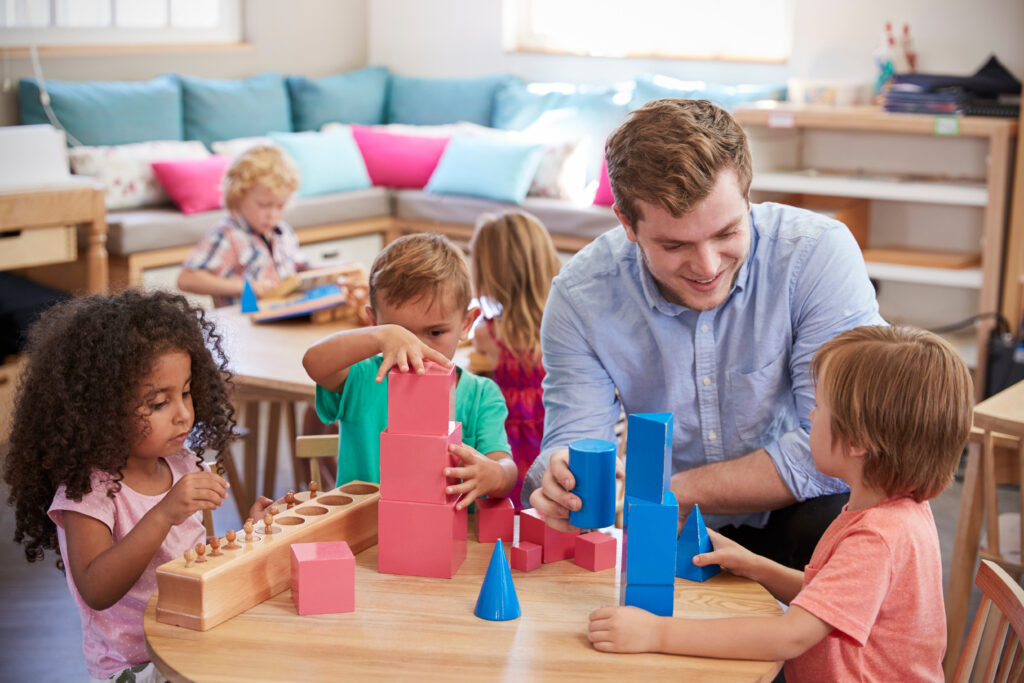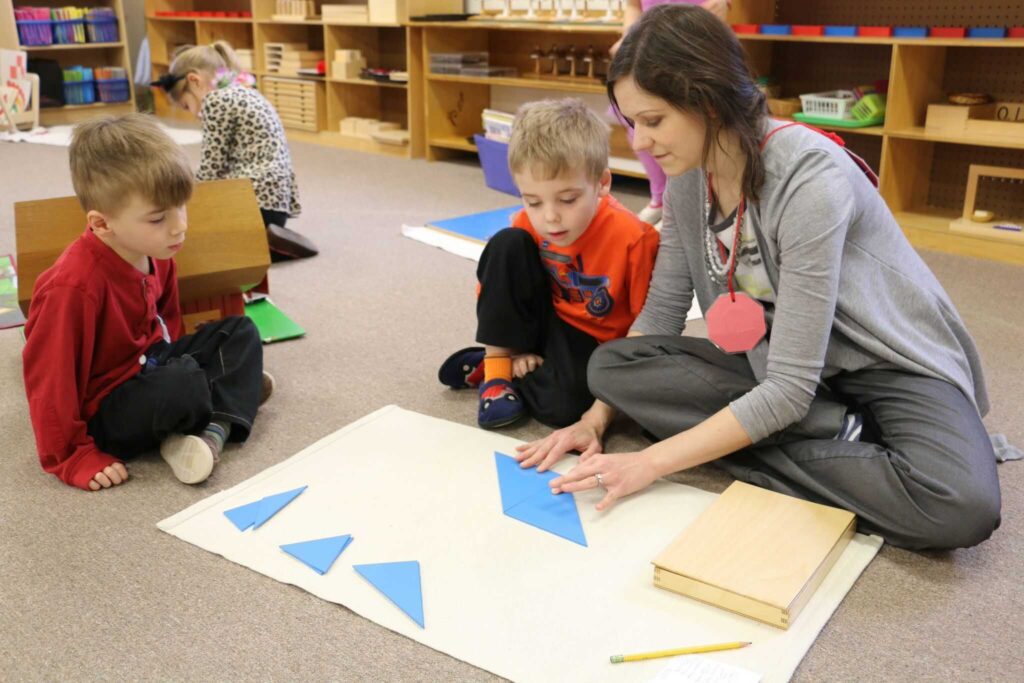One of the common challenges faced by both educators and parents of young children is encouraging them to cooperate and follow instructions. Yet this task becomes even more difficult, when our little learners are taught differently across home and childcare settings.
Children need to be taught how to behave in socially appropriate ways, just as they learn so many other skills from us. It makes sense that they will learn far more quickly and effectively when their trusted teachers (namely, their parents and educators) use the same, research-based, teaching approaches.
So, which strategies are helpful and which ones are best left out of our teaching toolkits? We explore a few ways in which we can help our children learn consistently.

Consistency is King
Be a good role model
Children learn more from how we behave than from what we say. If we want children to learn to behave a certain way then we need to behave in the same way. If you want your children not to hit, then demonstrate how to handle frustration and conflict without hitting. If you want the children in your centre to talk in an encouraging way towards others, then you need to speak encouragingly towards them.
Consider your use of consequences
Many of us assume that for young children to learn how to cooperate and follow instructions, they require consequences. Yet the truth is, while there is one type of consequence that can be useful for children’s learning, there’s another type that’s considerably less so.
So which is which?
Natural consequences are actions or experiences that relate to and reinforce a child’s learning. Let’s consider an example.
Imagine that, despite your advice (and some pretty wintery weather), your preschooler insists that she definitely does not need her jumper to play in the playground. You let her know that if she changes her mind, she’ll need to head back to the car to grab her jumper which will involve missing out on some play time with her friend…yet off she runs. After a few minutes, she looks uncomfortably cold and asks you to fetch her jumper for her. You let her know that she’ll need to go back to the car to grab it herself as you’d explained when she made her choice.
Natural consequences like these aren’t designed to punish or to make a child feel bad. Sure, they may result in some degree of regret, disappointment or frustration, but this certainly isn’t the primary aim. Instead, the goal of natural consequences is to reinforce a child’s learning.

In contrast, unrelated consequences are not directly related to the learning experience. Examples include time-out, withdrawal of privileges (saying something like, “since you chose not to listen to me about needing to wear your jumper, you won’t be allowed to watch your favourite TV show later”) or confiscating unrelated items. While they’re commonly used strategies, unrelated consequences like these are not directly related to the learning experience, and are, therefore, much less effective teaching tools.
Whether you’re teaching a young child in your role as parent or educator, it makes sense to opt for more helpful teaching tools (and to steer away from those that are less so).
Be fun and creative
Whether you’re an educator or parent, your children love playing with you and will be more likely to cooperate with whatever you have planned when you approach situations playfully. Doing silly dance moves together in your childcare centre as you head towards the lunch table is much more fun than being ordered there.
Doing your best Captain Barnacles impersonation, and declaring, “Sound the Octo-alert! Everyone to the Gup!”, as you head out to the garage at home, is far more engaging than instructing your children to head to the car. (I was a pro at this one when my children were younger!).
Whether you’re a parent or an educator, never underestimate how much children love your company. While it might feel like more effort on your part, when you make tasks fun, you meet children’s need for closeness and play, while teaching them to behave cooperatively.

Your child is blessed to have so many caring adults in their life, each striving to bring out the best in them. Given your shared goal, it makes sense for parents and educators to collaborate with one another, ensuring that children are taught using the same, consistent, research-based approaches across both home and centre environments.
It’s not just children who benefit when parents and educators collaborate as a teaching super-team though. Ultimately, when we come together and support one another in each of our important roles, everyone wins.


